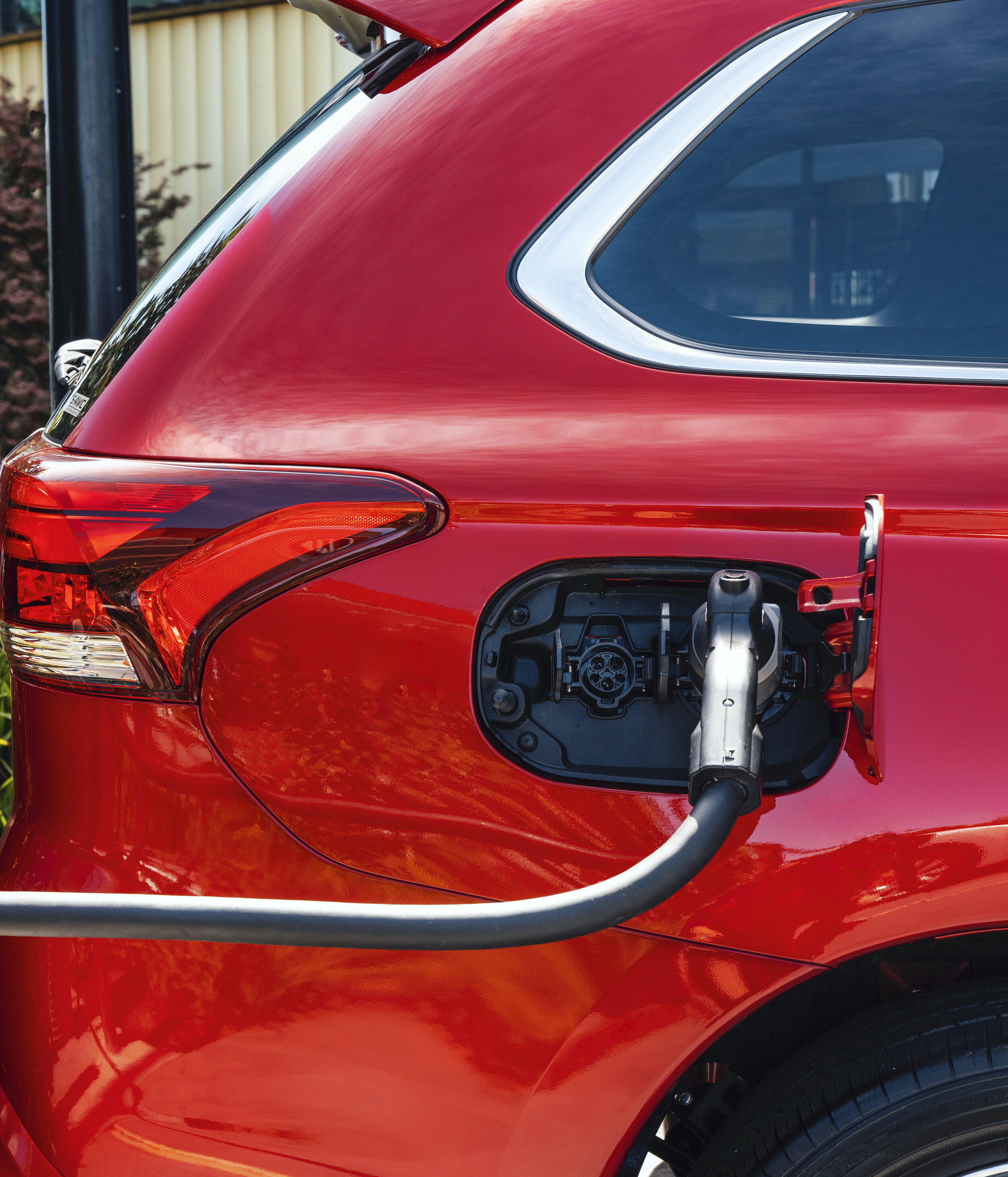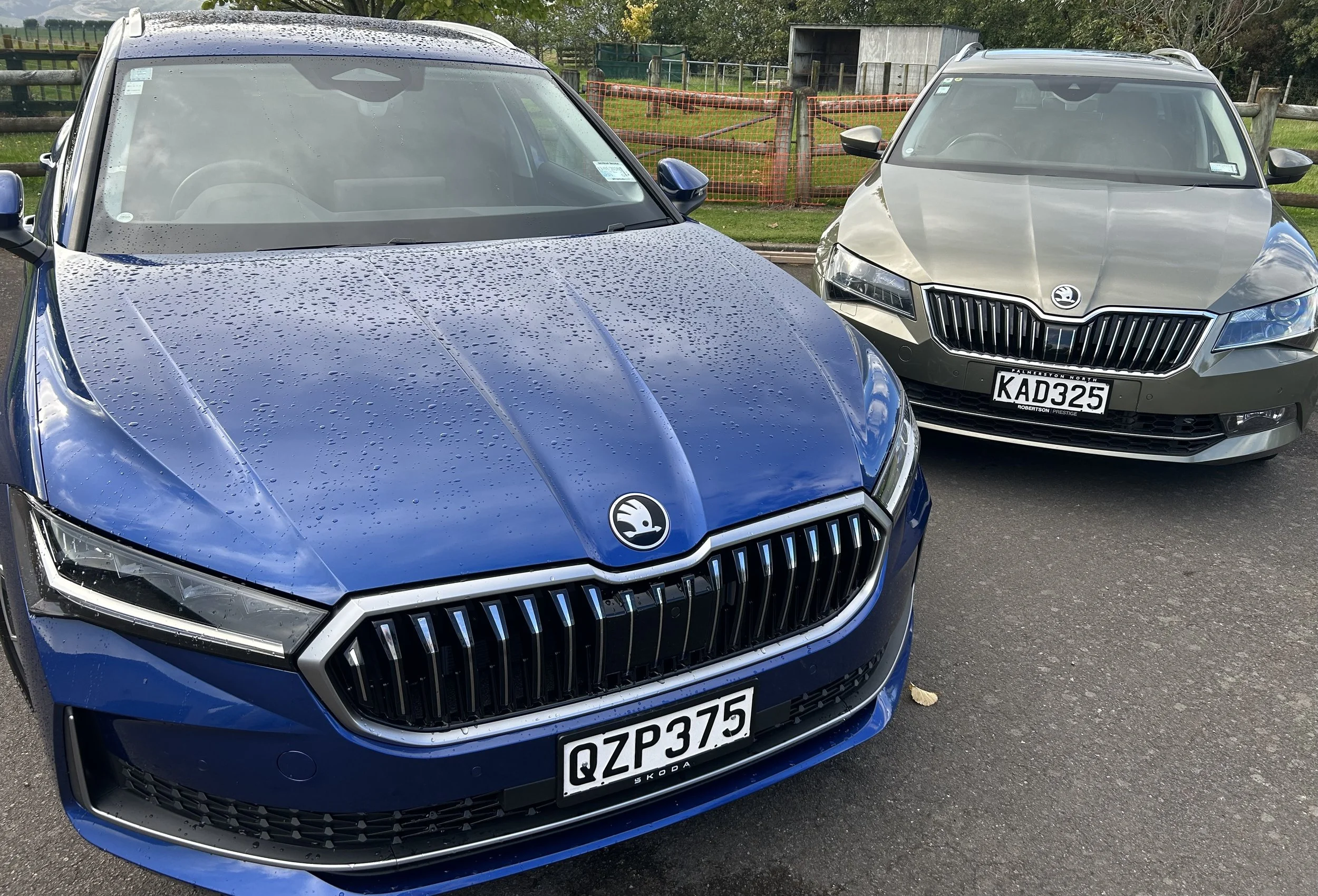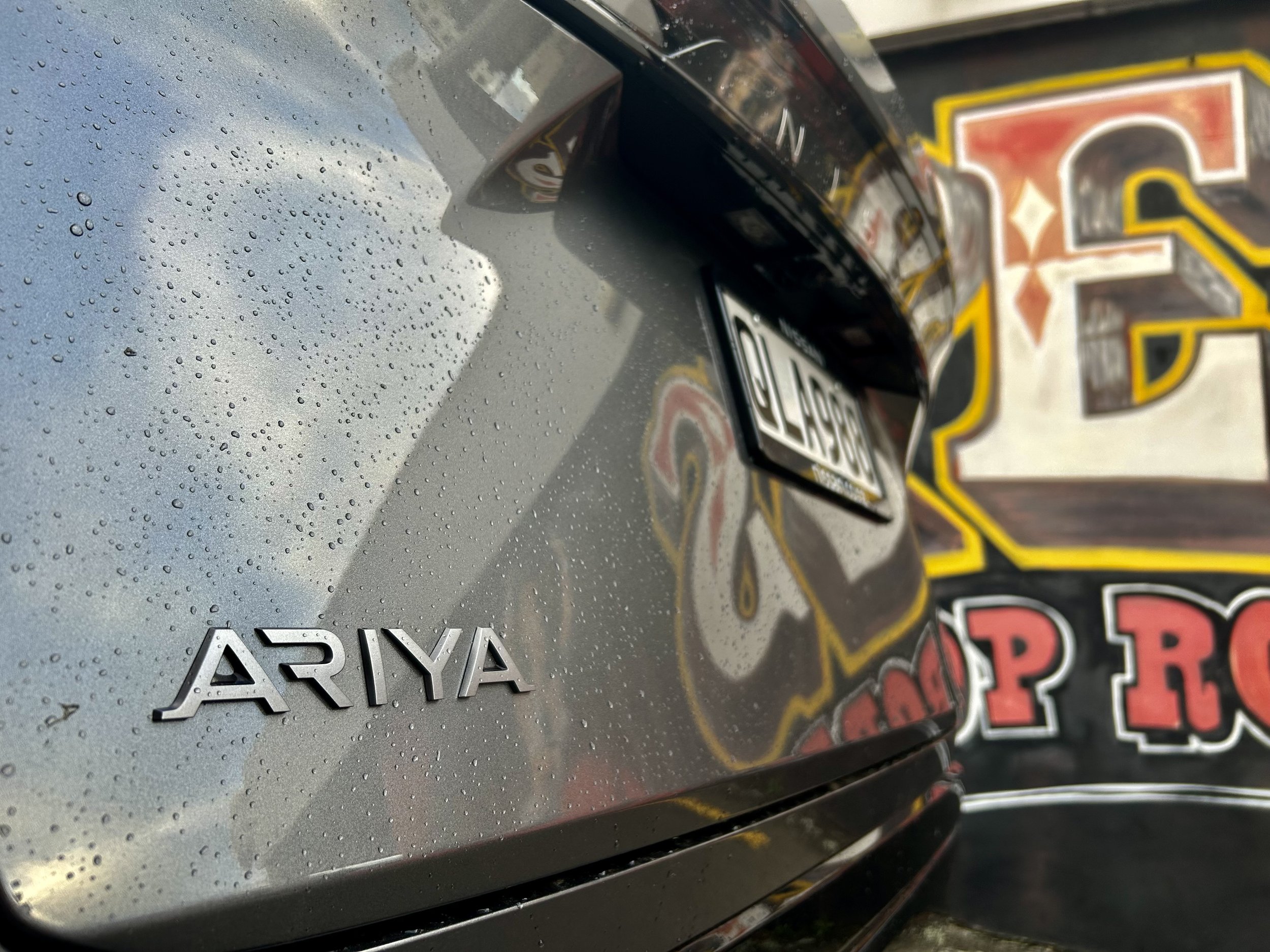Radical EV push talk alarms industry
/Distributor organisation says proposal, if valid, would disappoint and anger.
Government is keen to steer consumers toward efficient cars, particularly electric vehicles.
THOUGHT Government might be considering accelerating electric vehicle ownership by directly involving in their sale, potentially in partnership with a budget brand, has triggered alarm within the new vehicle industry.
Among industry high-ups who have heard this is David Crawford, chief executive of the Motor Industry Association, which speaks of behalf of the country’s new vehicle distributors.
He says it has become a matter of urgency to get to the bottom of talk he says he heard from “political sources” today.
“I am in the process of trying to get to the bottom of it … I don’t know if it is a rumour or if there is any validity to it,” he said.
The potential of there being truth to it? “I’ve heard weirder things.”
New vehicle distributors would not take kindly to the idea, he said.
“You could bet your bottom dollar what our reaction would be if they decided to do that.
“We would be surprised, disappointed, angry and we would probably go to a legal route.”
MotoringNZ made contact with the MIA after being alerted by another industry involver, who said he had also heard the talk and believed it held water.
His understanding was that the Government was considering entering in a direct partnership with a brand, not yet represented here but showing signs of coming in, in expectation this could best provide electric cars at a lower price than any currently in the market.
The MG ZS EV is presently the country’s cheapest brand-new electric car - but it’s still almost $49,000.
As he understood it, the idea was to favour a specific brand and bypass the orthodox distributor and dealership franchise model for a direct selling approach, with consumers also being offered attractive finance support, perhaps from Kiwibank.
The Government has made no bones that it wants to encourage New Zealanders to favour efficient cars, particularly hybrids and electrics, and already insists Government departments use EVs when practicable.
That process has seen many add two Hyundai electric models, the Kona and the Ioniq, and a plug-in version of the Mitsubishi Outlander to its fleets. It also has the Audi e-Tron sports utility on the VIP fleet that also has diesel BMW limos.
In the May 20 Budget Government indicated a ‘feebate’ – which makes EVs cheaper and gas guzzlers more expensive – may be installed.
Additionally, Finance Minister Grant Robertson also announced $302 million had been put aside for an unnamed policy “to implement a regime to incentivise the uptake of low-emissions vehicles”.
No further details were provided in the Budget, aside from statements that the “initiative will build demand for buyers of zero and low-emission vehicles” and that design work was still being completed. The public will find out more in a few weeks’ time, Climate Minister James Shaw told the Stuff website.
Government has shown inclination to support a cessation of the sale of combustion-engined cars and light vehicles by 2035 or even earlier and has said it prefers Kiwis were driving electric vehicles.
However, although Transport Ministry data released in May shows the national EV count has doubled in size in two years, there still are just over 26,000 New Zealand-new and used examples in circulation – so, less than two percent of all car registrations.
Price is a bugbear. Presently the least expensive new EV sold here is the $48,990 ZS EV, a medium-sized crossover from MG, owned by China’s largest producer of electric cars, Shanghai Automotive.
When told of the rumours circulating today, a spokesman for MG New Zealand said he could not speculate on a matter on which he has no information.
China is the world’s largest producer and consumer of electric cars and more makers there are thought to be lining up to join the three – MG, Haval and Grea Wall – that are selling in New Zealand.
The distributor for BYD, which produces a variety of electric cars including this new compact hatchback, plans to break the mould for new vehicle sales here.
In February another giant of China’s domestic electric vehicle scene, BYD, signalled it had signed an agreement to sell fully electric cars here and in Australia, with the first due to arrive next year.
The brand whose name is shorthand for ‘Build Your Dreams’, builds a variety of battery models, many aimed at the cost-conscious.
The regional distributor is Nexport, a subsidiary of Australian-owned renewable energy investment firm TrueGreen.
Nexport’s involvement with BYD is extensive. It plans to build a $A700 million factory in New South Wales, to assemble BYD buses and eventually cars and also an electric utility that is already at a prototype stage.
Intent is to sell EVs in an online-only capacity in order to cut costs and help achieve price parity with combustion-engined cars of similar size and performance.
Nexport chief executive Luke Todd says his business strategy is to “deliver high quality electric vehicles from the manufacturer direct to the customer.”
"The dealership network model is broken when it comes to electric vehicles. Under our model, we will be reducing the price to consumers by as much as 30 percent," he has told media in Australia.
Nexport has indicate that its products will likely include a medium SUV, a medium-sized sports sedan and a small city-centric hatchback that it revealed recently.
BYD sold 461,399 vehicles last year, of which 130,970 were fully-electric vehicles and 48,084 plug-in hybrids with internal combustion assistance.
The brand has hired former Audi head designer Wolfgang Egger as its chief designer.



















